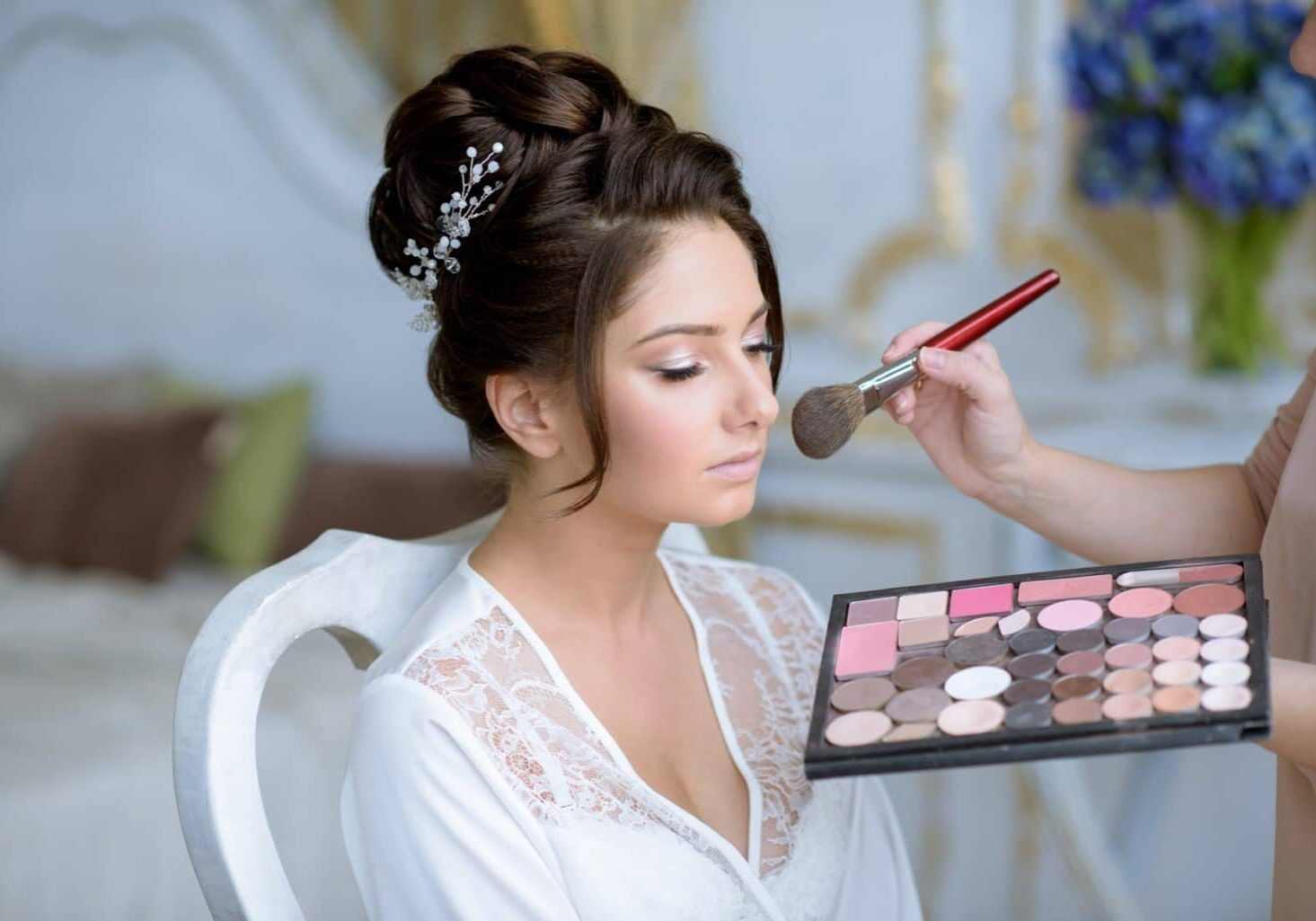Makeup Artist Policies on Refunds and Cancellations: How to Avoid the Drama
Last Updated: July 26, 2024

“I don’t like her lifestyle.”
This is how one bride on Facebook justified canceling her appointment with a well-reviewed, skilled makeup artist, says Your Tango. The “lifestyle” she referred to was that the makeup artist was unmarried, without kids, and seemed happy with it. While her complaint was surprising and unique, her request was not. She wanted her 50 percent deposit returned to her.
This isn’t the first time someone ignored makeup artist booking policies. Brides and clients who aren’t familiar with bridal and wedding makeup artist refund policies, or makeup artist policies in general, may think getting a refund should be easy. They paid to book your services, but now they don’t want them. If they’re not getting their makeup done by you, they shouldn’t have to pay you, right?
You know it isn’t that simple. When someone books you, someone else can’t. If that client cancels without enough notice, you usually don’t have enough time to schedule someone else in. That’s money walking out the door.
What is a makeup cancellation policy?
To deal with appointments that unexpectedly fall through, you’ve got to have makeup artist policies for cancellations and refunds. Your makeup artist cancellation policy spells out how and when clients can call off their appointments. It also says how much of their deposit or payment they can get back based on why and when they canceled.
According to QC Makeup Academy and Legal Lotus, some things you might have in your makeup artist policy include your:
- Makeup artist deposit policy, which states how much you require to schedule and when the deposit’s refundable.
- Standard cancellation window that says by when they need to cancel to get their deposit back and/or not be charged for their service.
- Late cancellation policy, including what they pay for notifying you without much notice–usually 25 to 50 percent of the cost of their service, says Square.
- Reschedule policy, in case you cap how many times they can reschedule within a certain timeframe and if you charge for additional rescheduling, like The Artistry Beauty Studio.
- Late appointment policy, which says at what point your clients are too late for you to serve them and how much they’ll be charged.
- No-show cancellation policy, which, at its most savage, charges clients up to 100% of the service fee after they ghost you.
But how can you explain them to clients so they understand them? And what can you do to enforce your makeup artist policy if someone wants to fight it? Read on to find out.
Why are makeup cancellation policies and refunds so important?
Weddings, celebrations, award ceremonies: People hire you for the big moment. But with big moments comes big pressure and even big emotions. Those stakes are fertile ground for conflicts and misunderstandings between you and your clients.
People cancel appointments for all kinds of reasons, like:
- No more budget for professional makeup, so they decide to DIY
- Groom no-showed so the wedding’s off
- Sister’s an aspiring makeup artist and will never forgive your client if she uses you instead
- Getting sick
- Deciding they don’t like how you do makeup–after you put it on their face
No matter the reason, you’re stuck between losing your money from that appointment or upsetting your client.
How can you respond to frivolous refund requests? Can you enforce your makeup artist policy for refunds or cancellations without burning bridges? Here are some tips.
1. Put your makeup artist policies in your service contract.
It’s one thing to say something to your client’s face. It’s another to put it in writing. Do yourself a favor, and get some receipts!
When someone books an appointment with you, have them agree to your makeup artist policies. Putting your makeup artist policies and procedures in your service contract during scheduling gives clients time to read them. It also gives you proof they’ve seen them if a client feigns ignorance later.
2. Get those initials.
Your clients are booking online anyway. Make them check a box or initial by your cancellation policy. By making them click something to agree to the terms, you make it more likely your policies sink in.
Wanna go one step further? Some booking platforms, like Fresha, let you make your cancellation policy be a pop-up you’ve got to acknowledge before you finish booking. Bonus points!
3. Put your makeup artist policies on your website, too.
Did your bride-to-be book you in a frenzy at 2 AM? Or did a busy mom of four slide into your schedule while wrangling toddlers at the grocery store?
Give them another chance to read your makeup artist cancellation and refund policy by putting it on your website, like The Artistry Beauty Studio.
4. Don’t know? Ask a pro.
Beauty school ain’t law school, and Google, Esq. isn’t always right. (Sorry, online makeup artist policies template.) So if you’re worried about your makeup artist policies, or you’re struggling to know where to start, call a local attorney. They can help you write a makeup artist service agreement that spells out your cancellation and refund policies and abides by any laws or requirements your state might have.
5. Be prepared for disagreements.
When working with clients, the unexpected happens much more often than you’d think. Maybe today it is a client asking for a refund because they “don’t like your lifestyle.” Tomorrow, it could be an allergic reaction from the makeup you applied on a new client, or a client threatening to sue because you “ruined” an important day.
You deserve to feel protected against the unexpected, and WellnessPro Insurance can give you that peace of mind. Our coverage is designed to protect makeup artists like you.
Apply for coverage here.
